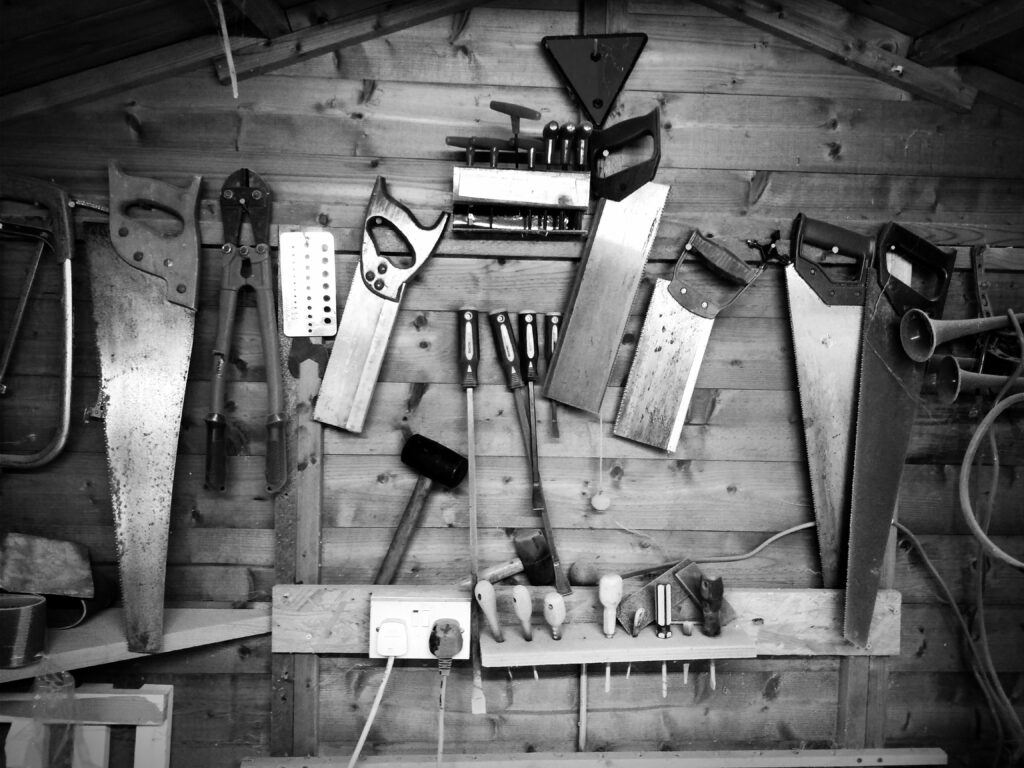
Have you ever felt like every productivity tool adds more to your plate rather than lightening the load? That was the exact frustration of a client I recently worked with. He had tried every time-management technique, yet none stuck. They all felt like extra tasks, not solutions.
This client’s struggle wasn’t unique — it’s a modern epidemic. We’re constantly told to “do more,” yet the tools meant to help us often pile onto the overwhelm. It’s why reframing is so important. And not just reframing your mindset, but reframing the tools themselves.
Take Steven Covey’s story of “sharpening the saw.” On the surface, stopping to sharpen your tool feels counterproductive — you’re pausing while others race ahead. But in reality, that pause allows you to work smarter, not harder.
The tasks you face become easier, faster, and less stressful. Suddenly, it’s not about “taking a break” but making the job itself more efficient.
And after taking the time to sharpen your saw, don’t be surprised if tackling a formerly overwhelming task feels like running a hot knife through butter.
For my client, his breakthrough wasn’t found on his computer or calendar. Instead, we focused on something he already did every day: his drive home.
I suggested that, before starting the car, he sit for five minutes and reflect. What didn’t get done today? What’s the first thing I need to tackle tomorrow? By ending the day with clarity, he started each morning with purpose.
Sharpening the saw isn’t about adding tasks — it’s about making the tools work for you. When we reframe productivity, we stop fighting against the current and start flowing with it. What’s your underutilized tool? Or where do you have a tool or time that you can repurpose more effectively? Find it, sharpen it, and watch the difference.
Photo by Sneaky Elbow on Unsplash
